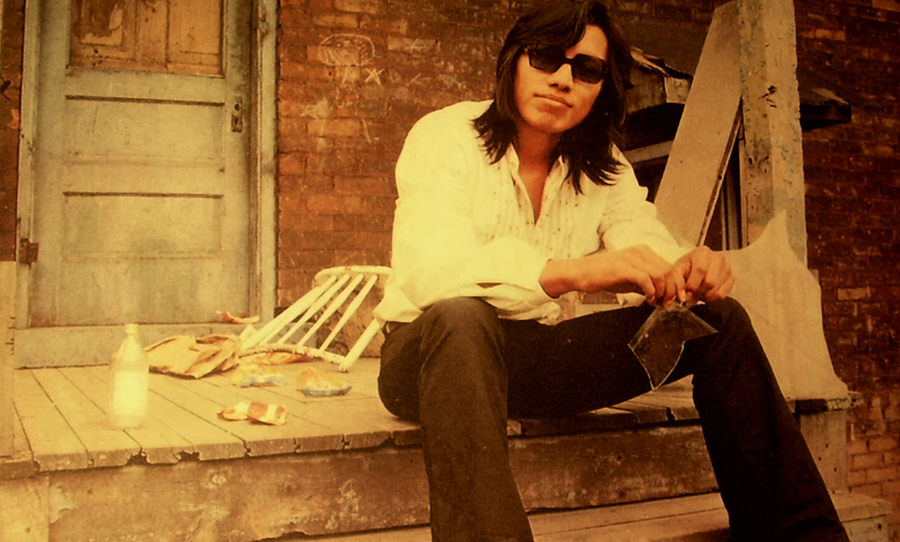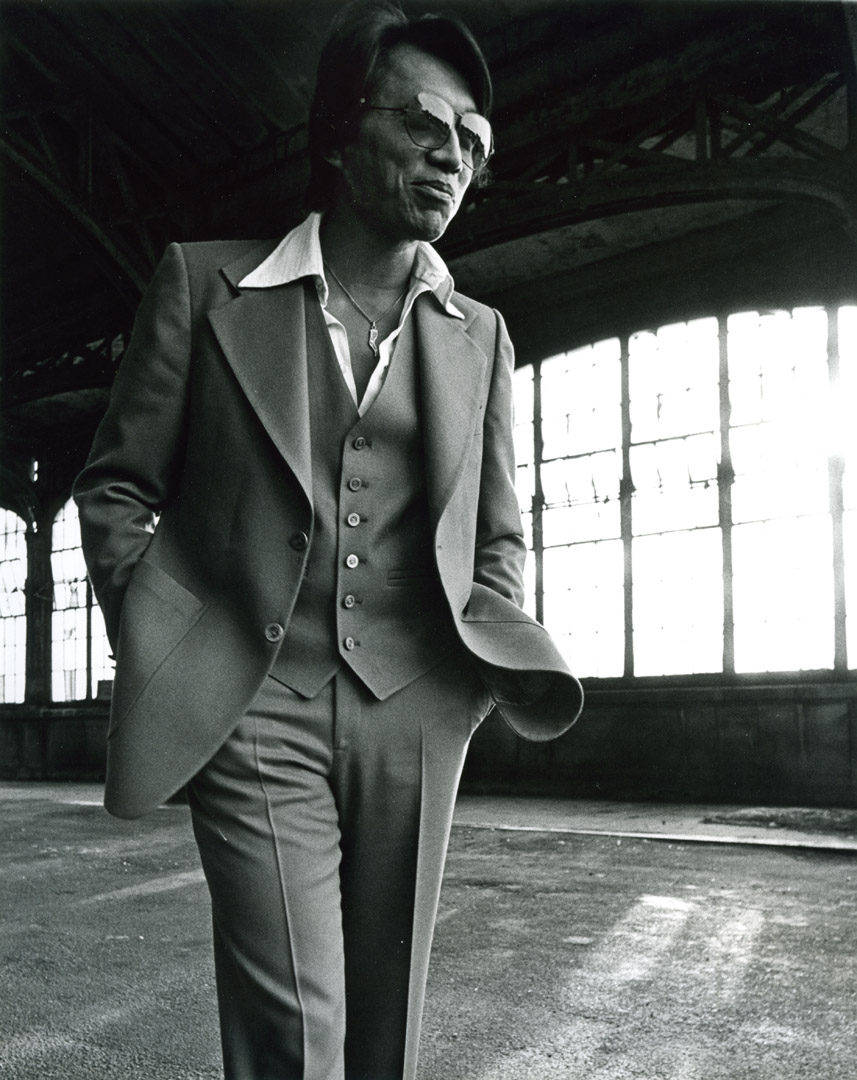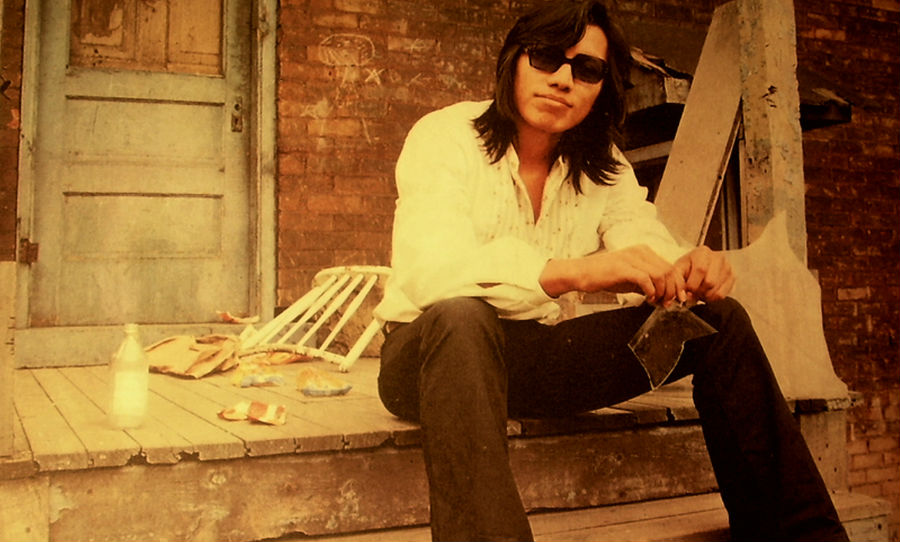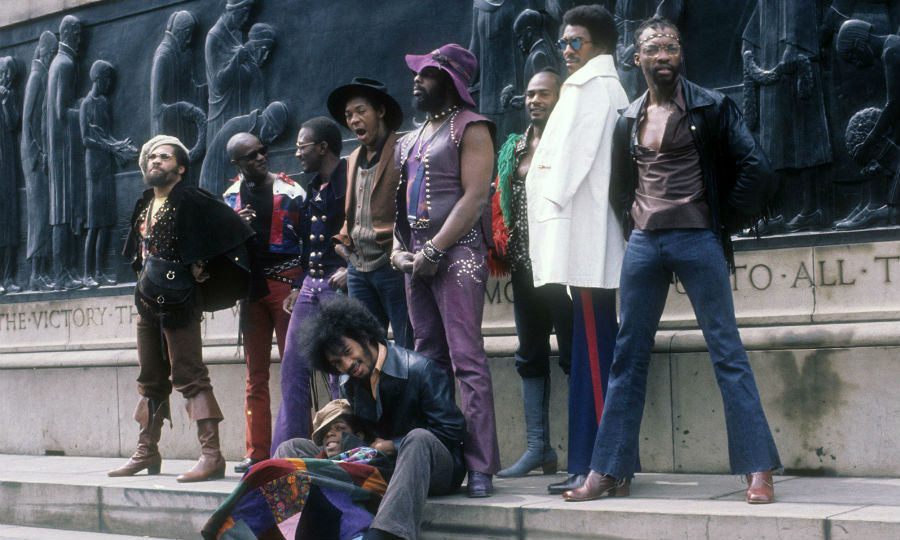It’s hard to determine where the story of Sixto Rodriguez truly begins. An album flop upon release in 1970. A mixture of racial tension, poverty, and poor distribution led to two albums being washed into the gutters of Detroit’s music scene, like many others before him. Though today, Cold Fact is a dazzling moment of poetic power and socially conscious rock, heightened to the deified status of Bob Dylan and The Doors.
The unearthing of the album in South Africa led to the rebirth of Rodriguez as a cultural icon and sparked one of the most fascinating stories in music history.

The Sugarman was an elusive character for much of his life. Doomed to obscurity and existence on the windy streets of Detroit. Now he is a musician with a shadow as long as the Empire State Building.
When Sixto Diaz Rodriguez had finished recording Cold Fact he knew he had something good on his hands. The tracks were powerful, political, and poetic. Everything that the man aspired too and yearned for in the music of the ’60s.
Though as a Mexican immigrant, Rodriguez was subject to severe poverty and daily racism on the streets of Detroit. When he was only 16 years old he began playing his family’s guitar. He slowly started writing and performing songs around local bars and shops in Detroit, earning himself comparisons to Cat Stevens and Bob Dylan for his conversational style of poetic discourse. A native of Detroit, his parents migrated there in the 1920s from Mexico in pursuit of the American dream.
They joined an influx of immigrants who moved to Detroit for the city’s industrial job market. Despite the Eisenhower government launching ‘Operation Wetback’ in 1954, they decided to stay in Detroit amidst a surge of racist anti-immigrant hysteria.
Rodriguez grew up in the thick of it, witnessing the oppression and violence that ravaged the city. These experiences shaped him and inspired his songs as he attempted to start his music career.
By day, Rodriguez was a hard-working labourer who worked in demolition and housing restoration. By night he was a melodic, poetic messenger, that momentarily liberated the locally oppressed.
In 1969, Rodriguez was playing a dive joint near his apartment named The Sewer, When Mike Theodore and Dennis Coffey discovered him. The duo listened and watched Rodriguez. The naturally shy man sat with his back facing the audience, but what he lacked in stage presence he made up for in message, one that was loud and clear.
Theodore and Coffey, who were responsible for bringing a hard rock edge to Motown Records, knew instantly that they wanted to record and produce his first album. Rodriguez had previously recorded a handful of songs in 1967 with a Detroit label, though they had faded to dust.
The songs were re-recorded and added to his new record along with a slew of others. The debut album of Sixto Rodriguez was released on 13 March 1970 via Sussex Records.

A month after its release Sussex dropped him from the label roster. As a result, Rodriguez was more than despondent and decided to take a break from music. He returned to back-breaking construction work for measly wages. In 1976, he purchased a run-down, neglected house for $50. What Sixto didn’t know was that simultaneously his music had found an audience. It was just on the other side of the world.
As the story goes, in 1971 an American woman went to visit her boyfriend in Cape Town, South Africa and brought with her a copy of Cold Fact. As her friends shared it around, word of the record spread but no information could be found of this mysterious Rodriguez. As bootleg copies were printed, it resulted in a higher demand for the records of Rodriguez. As a result, a South African label purchased the rights from Sussex and released both Cold Fact and Coming From Reality. A fact that Rodriguez was completely unaware of.
Soon, praise for Cold Fact spread like wildfire throughout South Africa, which was at the height of the Apartheid system at the time. South Africa was a very isolated society living under a nationalist regime. Television was banned under Albert Hertzog, the minister of post telecommunications. Hertzog believed that television would corrupt the public to unpure foreign opinions and would only enter, “over my dead body”.
Rogriguez’s songs became the mouthpiece of a protest movement. Anti-Establishment Blues was a political jab that awoke many student protestors. Due to the drug-fuelled content of Sugar Man, the hit song was also banned from all radio stations.
Soon, alarming rumours began circulating of Rodriguez’s death – the majority of South African fans believed Rodriguez had committed suicide onstage after his second album.
During this time Rodriguez was completely unaware of his status in South Africa and the rest of the world. Rodriguez had actually charted better in Sweeden, Denmark and Australia than he did in South Africa. The miracle of how he never found out is probably largely due to the quiet life he led in relative solitude.
It wasn’t until 1997, almost 30 years after the release of the album, that his daughter, Eva, came across a website called ‘The Great Rodriguez Hunt’.
Eva posted on the message board and wrote, “Rodriguez is my father! I’m serious.” In South Africa, his records had sold millions and he had achieved the level of fame akin to Elvis and The Beatles.
As he was assumed dead, they called up and invited the ghost of Rodriguez to play a show in South Africa. The following year he played two shows in Cape Town. The man and his entourage were picked up from the airport in a limousine which was surrounded by paparazzi. Onstage, Rodriguez was greeted by 5,000 adoring fans and a 10-minute long standing ovation. Both shows sold out and fans were in utter disbelief. Those shows went down in history.
Rodriguez went on to play six more sold-out shows while in South Africa before heading back to the States. After the award-winning ‘Searching for Sugar Man‘ documentary in 2012, Rodriguez found a mainstream audience in America, bolstering his fame exponentially.
Despite this, he continued to live a humble life working in the labour industry. Up until 2013, Sixto was still living in the home he purchased for $50. While his parents left Mexico in search of the ‘American Dream’ all those years ago, they never found it. Yet the search continued, and in a rather obscure way, Sixto Rodriguez found it at the happy end of a 30-year search for the Sugarman.



